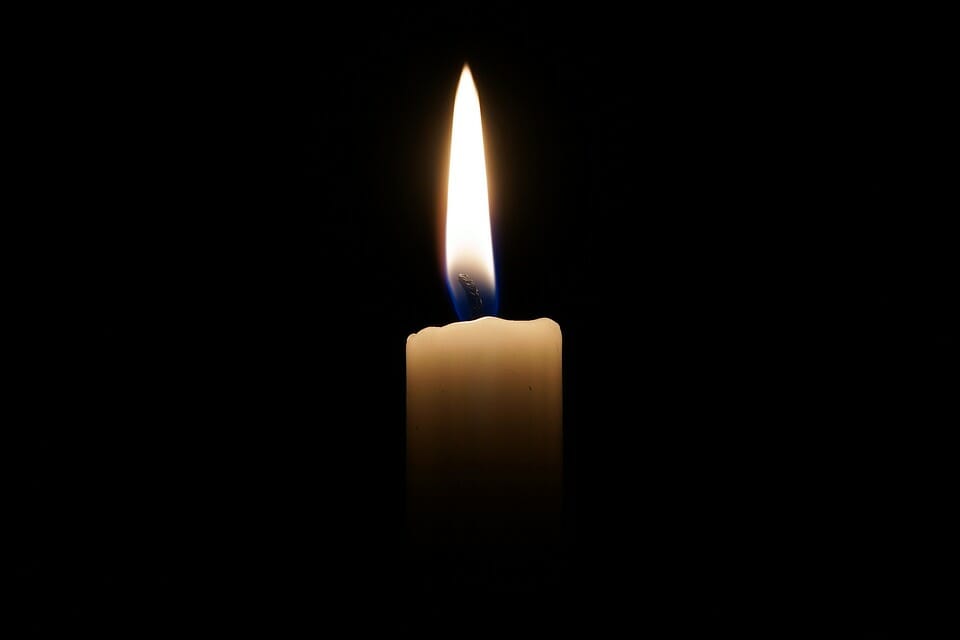California’s rampant black market seems to be profiting off unsuspecting consumers of cannabis oil by selling counterfeit vapes packaged that look exactly like legal brands.
Unlicensed dispensaries, delivery services and rogue websites, according to the Associated Press, are involved in moving the untested and possibly dangerous THC oil for vape pens.
Fake vapes, some fear, may be linked to the current public health crisis that has claimed seven lives and sickened up to 380 people around the country.
The seventh death attributed to the pulmonary disease was reported on Sept. 17, 2019. A 40-year-old California man died over the weekend from complications related to e-cigarettes, reported CNN.
No answers yet
So far, public health officials are not sure what’s causing the pulmonary issues, vomiting and other symptoms. Although in California, according to the AP, most patients reported “buying vapes from pop-up shops or other illegal sellers that are a pipeline for counterfeit products.”
Taking matters into their own hands
Several major brands, such as Kingpen that sells vape cartridges online, is investing millions of dollars to redesign its packaging and product security.
Some brands are devoting large sections of their websites to alert consumers to counterfeit vapes and THC oil circulating on the black market.
Distributors for Heavy Hitters went so far as to hire a former federal prosecutor, Priya Sopori, to help the company deal with counterfeiting.
“The danger presented by counterfeit products is just a natural result of not having the money, the resources or the people power to enforce licensing,” Ms. Sopori said. “Someone is buying this packaging, buying these cartridges and filling them with whatever. It’s being sold as our brand.”
In California’s legal cannabis market, the largest in the world, the state requires cannabis oil to be tested before being placed on the shelf for sale.
However, with phony vapes that look very much like the originals, it’s difficult for consumers to know if the product they’re buying was made by a legitimate company.
To add to the confusion, at least in California, there are numerous unlicensed shops that often operate in the same neighborhoods as legal dispensaries.
“My biggest fear of counterfeiting is people are getting an unsafe product, and illegal product, and think it’s coming from our company, a legal company,” said Bryce Berryessa, a board member of the California Cannabis Manufacturers Association.






